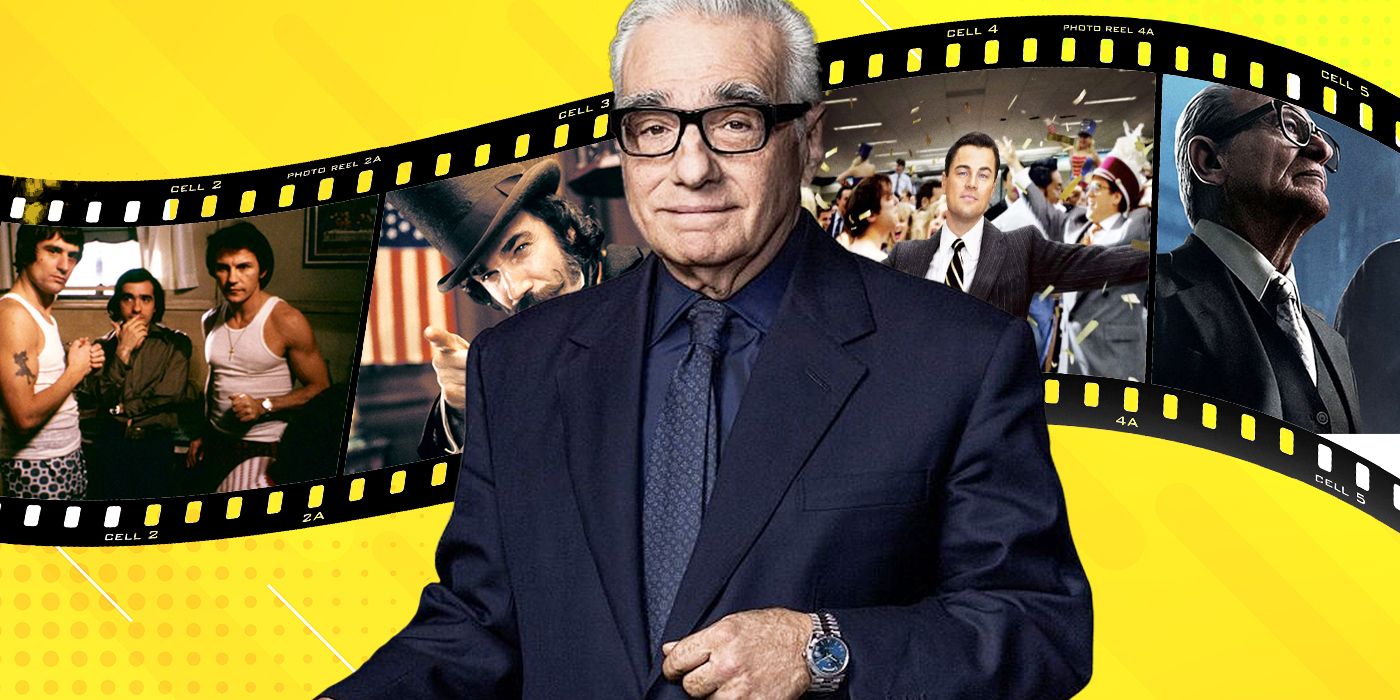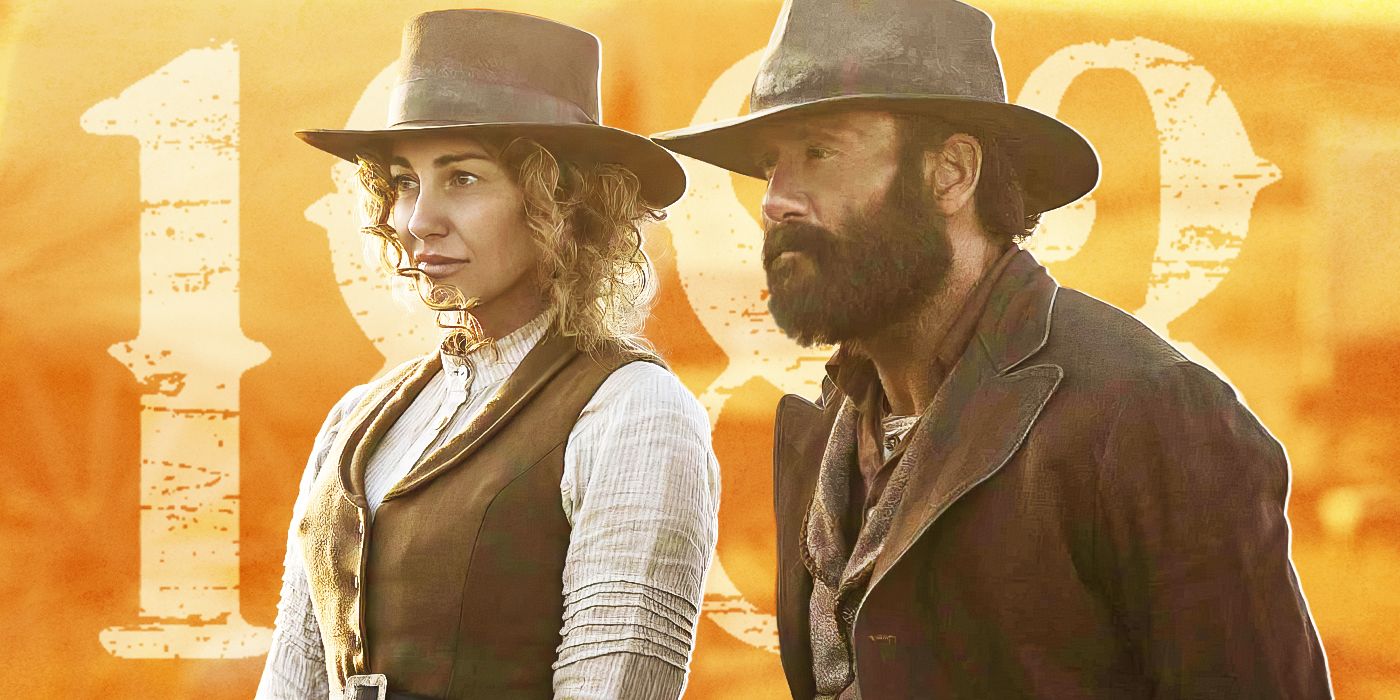The Big Picture
- Martin Scorsese found inspiration in Bernardo Bertolucci’s Before the Revolution which shaped his desire to express himself through cinema.
- Scorsese was influenced by the ambitious and uninhibited filmmaking style of Bertolucci, which he attempted to emulate in his early work.
- Before the Revolution and other films from that era of Italian cinema fueled the sentiment of cultural revolution, influencing Scorsese to create films that spoke to his own identity and culture.
Martin Scorsese has had a great influence over countless filmmakers who have picked up cameras in the last forty or so years, and while it might be easy to think of him as the eternal granddaddy of cinema, there was a time when he was just as confused as every other youngster out there, unsure of what he wanted to say or how he wanted to say it. That was, until he saw Bernardo Bertolucci’s Before the Revolution at the New York Film Festival, presented to him like a gift from up above. Promoting the phenomenally successful Killers of the Flower Moon at the BFI London Film Festival, Scorsese caught up with local cinephile Edgar Wright to discuss his monumentally influential career, shedding some insight into just how this obscure little gem from 1964 got him going, to begin with.
Before the Revolution
Following the death of his friend, an Italian youth grows increasingly closer to his young aunt.
- Release Date
- May 9, 1964
- Director
- Bernardo Bertolucci
- Runtime
- 105m
What Is ‘Before the Revolution’ About?
While not without his controversies, Bernardo Bertolucci has directed some of the most aesthetically perfect films of all time. However, those expecting a film on the level of The Conformist or The Last Emperor might want to lower their expectations. Astonishingly, Bertolucci was only 23 when he released Before the Revolution, the likes of which have more in common with the works of Jean-Luc Godard and Francois Truffaut than his Italian contemporaries. It’s dreamy, it’s lyrical, and it is so, so messy, but that’s okay! One of the joys of watching an early film like this is watching a wildly ambitious director who hasn’t developed a sense of restraint yet just go for it. Whether it’s the overwhelming Italian tunes of sorrow that belt over the record player as if to swallow its tightly-framed characters whole like in Cleo from 5 to 7, or the whimsical romantic montages ending with a Looney Tunes-like iris cut, Bertolucci has all the instincts of a young and brash filmmaker, throwing in every trick in the book not because he needs to, but because he can.
The plot isn’t as integral as vibes in this one, however, Before the Revolution was an incredibly personal film for Bertolucci, evident in the protagonist’s torment and constant musings over his predicament. Before the Revolution follows Fabrizio, a student in Parma, Italy who has recently joined the Communist Party despite his middle-class upbringing. Fabrizio is ashamed of his privileged lifestyle and struggles to reconcile it against his more proletarian beliefs, particularly as those close to him don’t share his ideological passion. It’s not so much a film about revolution, but the desire to revolt, even if his upbringing makes Fabrizio the cause’s natural enemy. Naturally, that also makes him the enemy of himself, and that’s just juicy writing! Before the Revolution is ultimately about the struggle to shape one’s ideology, ironic because watching this would go on to fundamentally shape Scorsese’s ideology on his greatest passion: the movies.
How Did ‘Before the Revolution’ Influence Martin Scorsese?
“I wanted to be able to express myself that way” Scorsese recalls in reference to Before the Revolution in his interview with Wright. “It had such a joy of not only filmmaking, but of life. And it had such depth of culture but I don’t come from that culture. I don’t know the politics… …But I wanted to be there and I tried with Who’s That Knocking right away and I blew it completely. And I had to find a way of expressing myself from my own culture, ultimately. But what kept me going was the ambition and the determination to reach that level that I had seen in Before the Revolution.”
He goes on to shout out other films from that era of Italian cinema, such as Marco Bellochio’s Fists in the Pocket and Pier Paolo Pasolini’s Accattone, all of which fuelled the sentiment that ignited Italy’s 1968 youth protests, the anti-establishment ideologies of which would carry over into the films of the New Hollywood era. One of Bertolucci’s best films, The Dreamers, actually depicts the youth protests in Paris, France (as part of several global student youth movements), and watching it, you can see how much Scorsese would have identified with these young, film-obsessed, cultural revolutionaries. While that may have been what Scorsese wanted, however, he described the background of these filmmakers as “the antithesis of where he came from,” describing an insecurity about his lack of familiarity with pure Italian culture.
‘Before the Revolution’ Directly Influenced One of Scorsese’s Most Acclaimed Films
It’s hard to remember a time when Italian American movies didn’t dominate the screens, but Scorsese does! And it makes sense because it’s his early work that pioneered this level of cross-cultural representation that hadn’t been seen before in the United States. Frustrated over his desire to make a film that speaks to his own culture despite growing up firmly between two very distinct worlds, Scorsese knew that to reach Bertolucci’s level, he would have to lay bare his soul. His first two features, Who’s That Knocking On My Door? and Boxcar Bertha only mildly scratched that itch. Enter Mean Streets, through which Scorsese channeled many elements of his own biography to create a story that was less about gangsters being cool as much as it was about growing up with conflicting social expectations as a result of one’s culture. Like Bertolucci, Scorsese’s breakout film is about a conflict stemming from confusion about his identity. For filmmakers in their 20s, that’s one of the realest aspects of life they could focus on.
Martin Scorsese elaborates on the influence of Before the Revolution in his Letterboxd watchlist of Companion Films, stating that “Bernardo’s film – actually his second, but it felt like his first – took place in the artistic/political milieu in which he grew up, several universes away from my own. But the desire to express what you felt about your world through cinema… that was a huge inspiration.” It should stand as a lesson to all aspiring filmmakers out there unsure of exactly what they want to say about their world: if your identity falls between two represented cultural niches, it’s time to create your own.
Before the Revolution is available to rent on Amazon.
Watch on Amazon Prime




